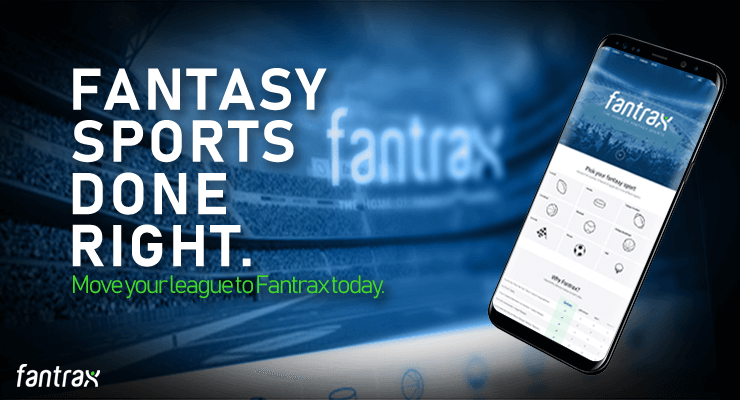The July 31st MLB trade deadline recently passed last week, but that doesn’t mean there won’t be more players swapping teams this season. Teams can make trades through September, but the players can’t play in the postseason unless they’re traded before August 31st. In order for a player on the 40-man roster to be traded, they must be placed on revocable waivers, which lasts 47 hours. If the player isn’t claimed, his team can freely trade him anywhere, except to teams the player has on his no-trade list. If the player is claimed, three different things could happen. The player’s team could take him back off of waivers without losing anything. The player’s team could also make a trade with the team that made the claim. The last option that doesn’t happen often is the player’s team sends him away without a trade, but the receiving team picks up the rest of his contract. Here are a few possible players that could be moved before the season ends and how it might impact their fantasy stock.
Jay Bruce, OF
Bruce was one of multiple players the Mets decided to put on revocable waivers. With Michael Conforto likely set to be the center fielder of the future, the Mets are testing the waters to see what they could get for their veteran outfielders. Bruce is hitting .262 with 29 home runs in 100 games of action so far this season. However, Bruce’s no-trade list blocks trades to the Yankees, Phillies, Marlins, Twins, Diamondbacks, Athletics, Rays and Blue Jays. He could potentially waive the no-trade clause if it gets him onto a contending team. If Bruce ends up being traded, he’ll provide a consistent bat in the heart of a lineup. You can expect his home run total and batting average to remain solid.
Sean Rodriguez, 2B
Rodriguez was claimed off revocable waivers by the Pirates and the Braves were able to work out a deal that would send him to Pittsburgh for a minor league prospect. Rodriguez spent 2015 and 2016 in Pittsburgh before signing a two-year deal with Atlanta this winter. He was involved in a car accident during the offseason, causing him to miss a majority of the 2017 season. He returned in July, batting .162 in 47 plate appearances since. He’ll likely be used in a utility role, being asked to play different spots in the infield and outfield with Pittsburgh’s bench struggling and the team still missing Jung Ho Kang because of visa issues. Rodriguez will probably be getting more playing time in Pittsburgh, but unless his offensive numbers improve, he isn’t worth the pick up.
Jim Johnson, RP
Atlanta placed Johnson on revocable waivers earlier this week. The 34-year-old former American League saves leader has a solid 10.6 K/9 with a 50% ground ball rate in 44 innings this season. His contract for next season is very affordable, making a reasonable $5.5 million next year. A team looking to bolster their bullpen might add Johnson as a possible setup man or as a backup closer. His numbers will likely continue to stay constant, but if he’s traded to a team that already has a closer, expect his number of save opportunities to decrease.
Bud Norris, RP
The Angels only made one trade at the deadline, shipping David Hernandez away to Arizona. Even though the Angels are just a few games behind in the American League Wild Card race, there’s a chance Norris could be their second reliever sent packing. Norris has posted a breakout year in the bullpen, racking up 55 strikeouts and a 3.71 ERA. A free agent at the end of this season, there’s a solid chance that if the Angels aren’t in the race at the end of August, Norris will be traded. Teams could use him as a long reliever or setup man, if needed. His numbers have been relatively solid in terms of fantasy, but just like in Johnson’s case, if he’s traded to a contender with a closer, his save opportunities will not be as frequent.
Justin Verlander, SP
There’s a very slim chance Verlander gets traded, but the Tigers still put him on revocable waivers to listen to offers. He cleared waivers a few days ago, but owns a full no-trade clause, forcing the Tigers to get his approval before including him in a trade to any team. The other issue is that Verlander is still owed $65 million through 2019, which might scare off potential traders. Verlander hasn’t replicated last year’s numbers, when he finished second in the American League Cy Young voting, but he’s still having a decent season. In 23 starts, he’s posted a 7-7 record with a 4.20 ERA. Over his last 32 innings, he’s been able to contribute a 2.25 ERA. Verlander will continue to rack up innings and fantasy value. Expect him to finish this season in a Tigers uniform as one of the team’s top pitchers.

